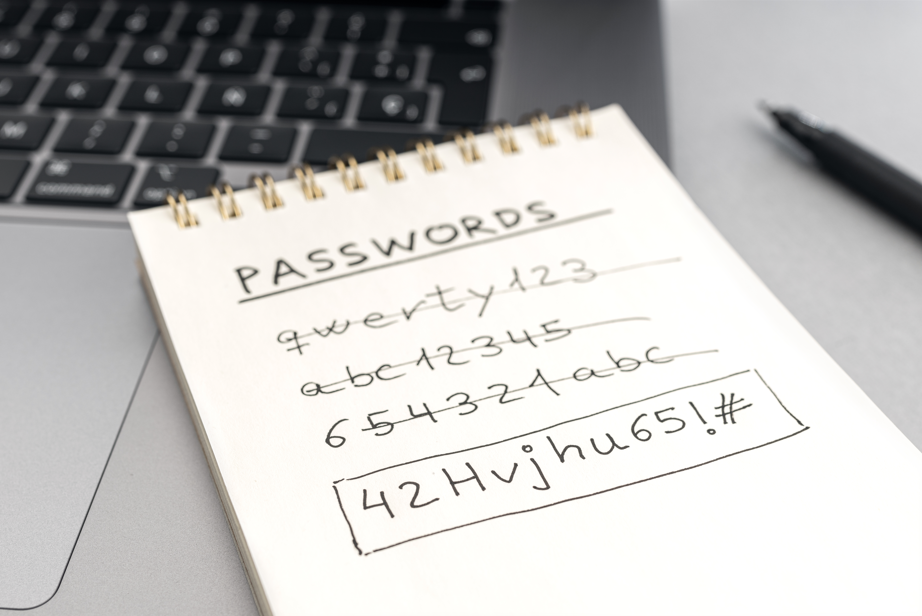Watch Out for Check Washing Scams

Check washing scams are on the rise. Police departments in several communities have been warning people to be on the lookout for thieves snatching checks out of residential mailboxes and washing them in chemicals to remove the ink so they can change the recipients or amounts on the checks. In fact, the problem is so widespread that the Financial Crimes Enforcement Network recently issued an alert about the surge in mail theft-related check fraud.
Fortunately, there are steps you can take to protect yourself. Here’s what you need to know about check washing scams and how you can avoid becoming a victim.
What is check washing?
Check washing involves stealing checks then changing the names of payees and often the amounts and depositing them. Thieves typically take checks out of residential mailboxes and wash them in chemicals to remove the ink, according to the U.S. Postal Inspection Service. However, there are reports of thieves fishing checks out of post office boxes.
Victims of check washing can end up losing hundreds or thousands of dollars when thieves get their hands on checks, rewrite them and deposit them into their accounts. In fact, the U.S. Postal Inspection Service reports that postal inspectors recover more than $1 billion in counterfeit checks and money orders every year.
Victims might not even realize their checks have been stolen until they get notices from the companies, agencies or organizations to whom the checks were made that their bills weren’t paid.
[ Find Out: 10 Signs You’re a Victim of Fraud or Identity Theft ]
How to protect yourself from check washing
There are several things you can do to reduce the risk that your checks will be stolen, altered and fraudulently deposited.
- Set up automatic bill payments through your service providers or bank to eliminate the need to put checks in the mail.
- For any checks you must mail, deposit them in a U.S. Postal Service blue collection box inside a post office just before pickup time.
- Never leave mail in your mailbox overnight. If you will be out of town and can’t collect your mail, visit USPS.com to place a hold on your mail.
- If you do not receive a check you were expecting, contact the sender as soon as possible to find out if it has been sent and deposited.
- Review the images of deposited checks on your online bank account to confirm that the names of payees and amounts haven’t been altered.
You also could take advantage of an account monitoring service such as Carefull. Carefull monitors your accounts 24/7 for signs of fraud and common money mistakes and alerts you if it spots something unusual. For example, if you typically make a monthly mortgage payment of $1,000 and the payment is twice that one month, you’ll get an alert. And that can be quick call to action that your check has been washed.
[ Read: Beware of Scams Targeting Your Bank Account ]
What to do if you become a victim
If you discover that your checks have been washed, contact your bank immediately. You’ll likely need to fill out an affidavit stating that you didn’t authorize the check. Under the Uniform Commercial Code, banks generally must reimburse you if you report the altered check within a year of discovering it. If you can’t resolve the issue with your bank and it is a national bank or federal savings association, you can file a complaint with the Office of the Comptroller of the Currency's Customer Assistance Group. If your bank is a state bank, reach out to your state banking department.
You also should report the crime to your local law enforcement. And you can file a report with the Postal Inspection Service.
[ Keep Reading: How to Report a Fraudulent Charge ]

3 Steps to Safer Money,
Try it Free for 30 Days
Step 1
Start your free,
no-risk trial
Step 2
Connect the accounts and cards you want protected
Step 3
Stay alerted to any
unusual activity



.png)



